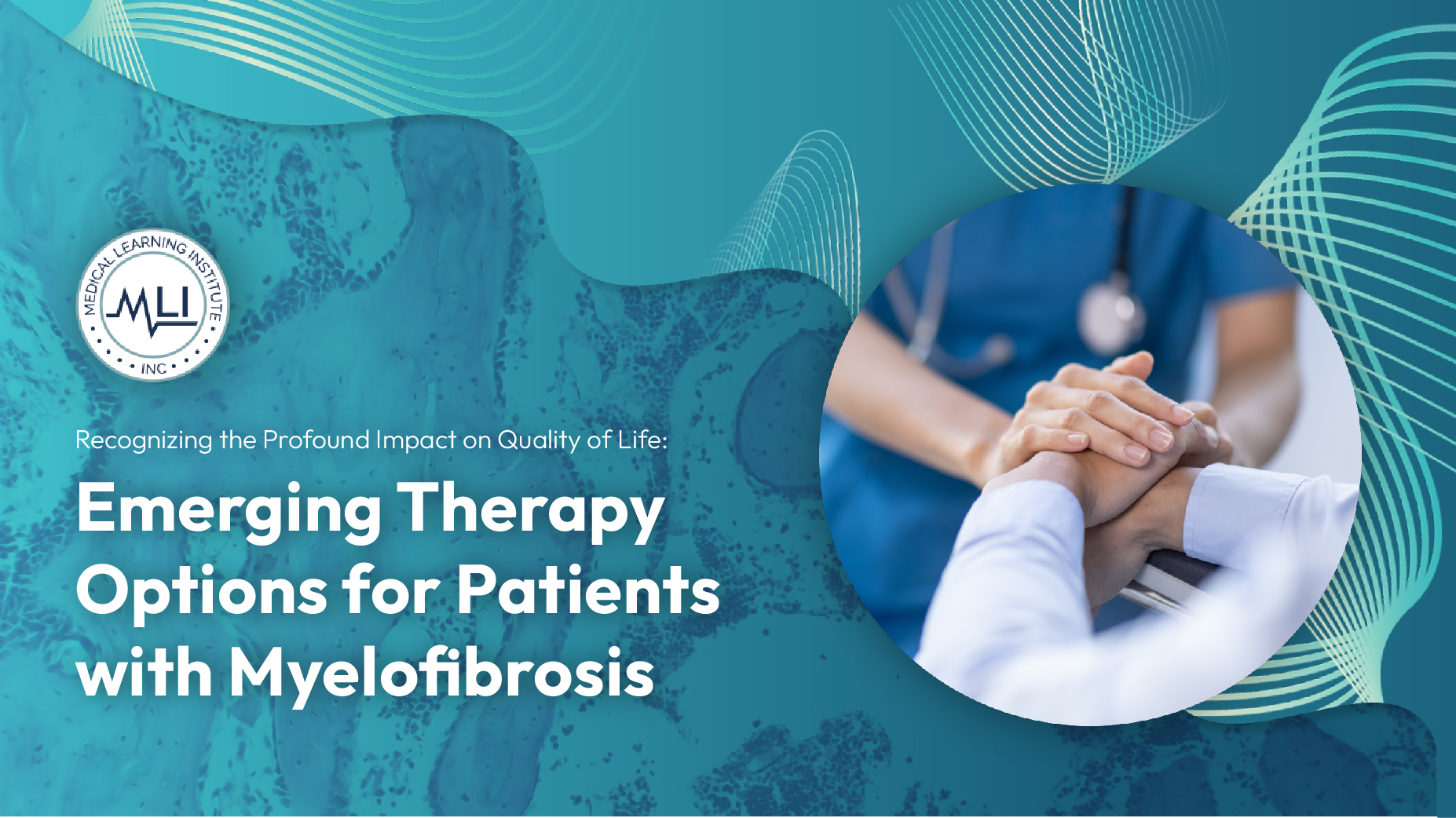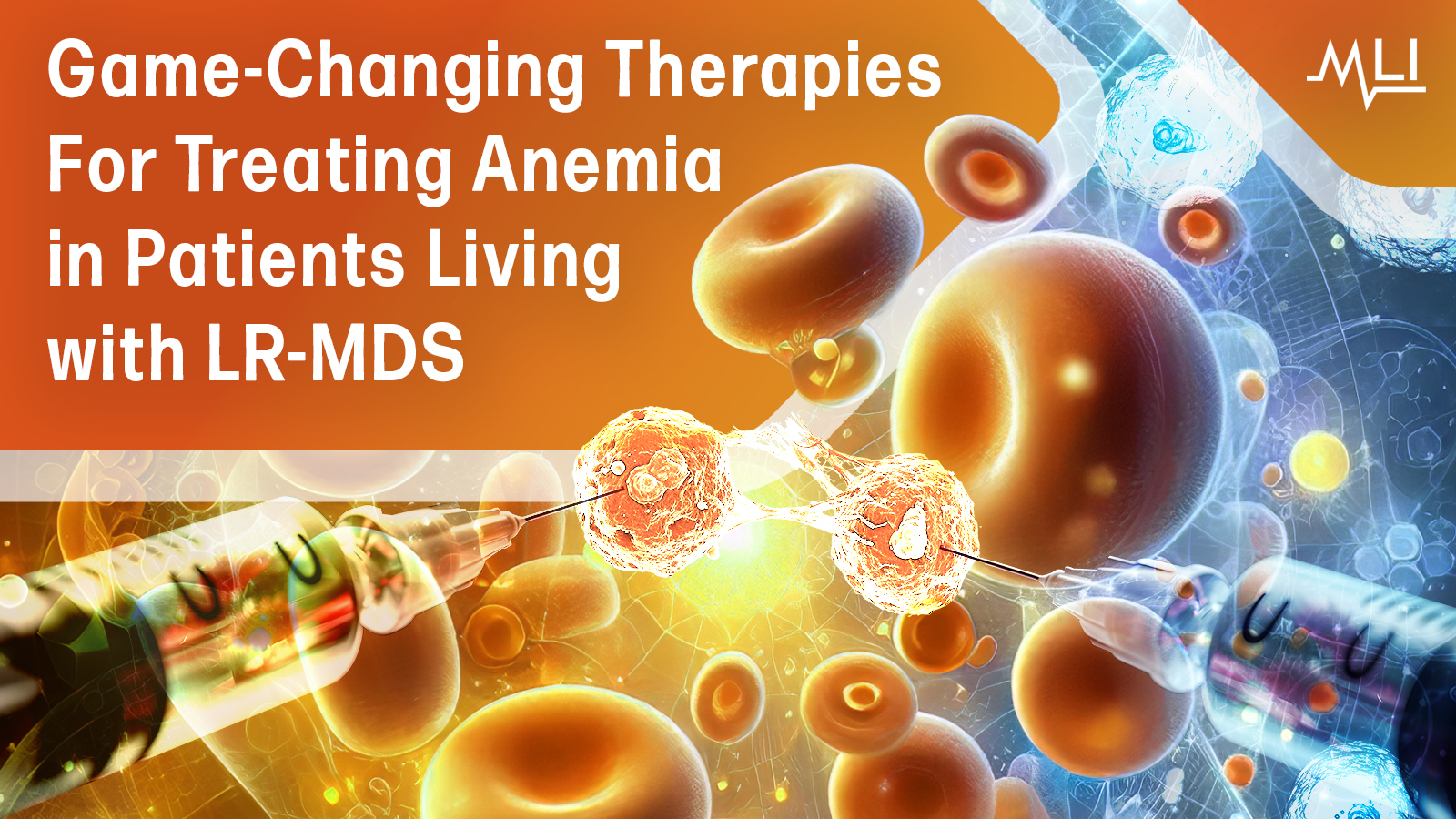- On-Demand
The Difference Between Palliative and Hospice Care
- Credit: 0.25hr(s)
- CME
- September 16, 2024 —
- September 15, 2025
- Therapeutic Areas: Oncology
- Specialties: Breast Cancer
- Location: Internet Activity Enduring
The Difference between Palliative Care and Hospice that result in Barriers to Care.
What you will learn from this module:
Learn the assumptions and perceptions patients and their families have about the purpose of transitioning to hospice care.
Understand the myths associated with agreeing to receive palliative care.
Understand that palliative care stands alone and should be part of a patient’s care from the beginning when they are diagnosed with advanced cancer.
Learn the barriers to implementing palliative care.
Learn the value of palliative care when delivering patient centered care.
Learn about how palliative care is also part of hospice care.








